2020 Summer Reading List
Great books enlighten, empower and energize us to seek new insights.
CNE staff members share what they are reading.
Published on August 4, 2020
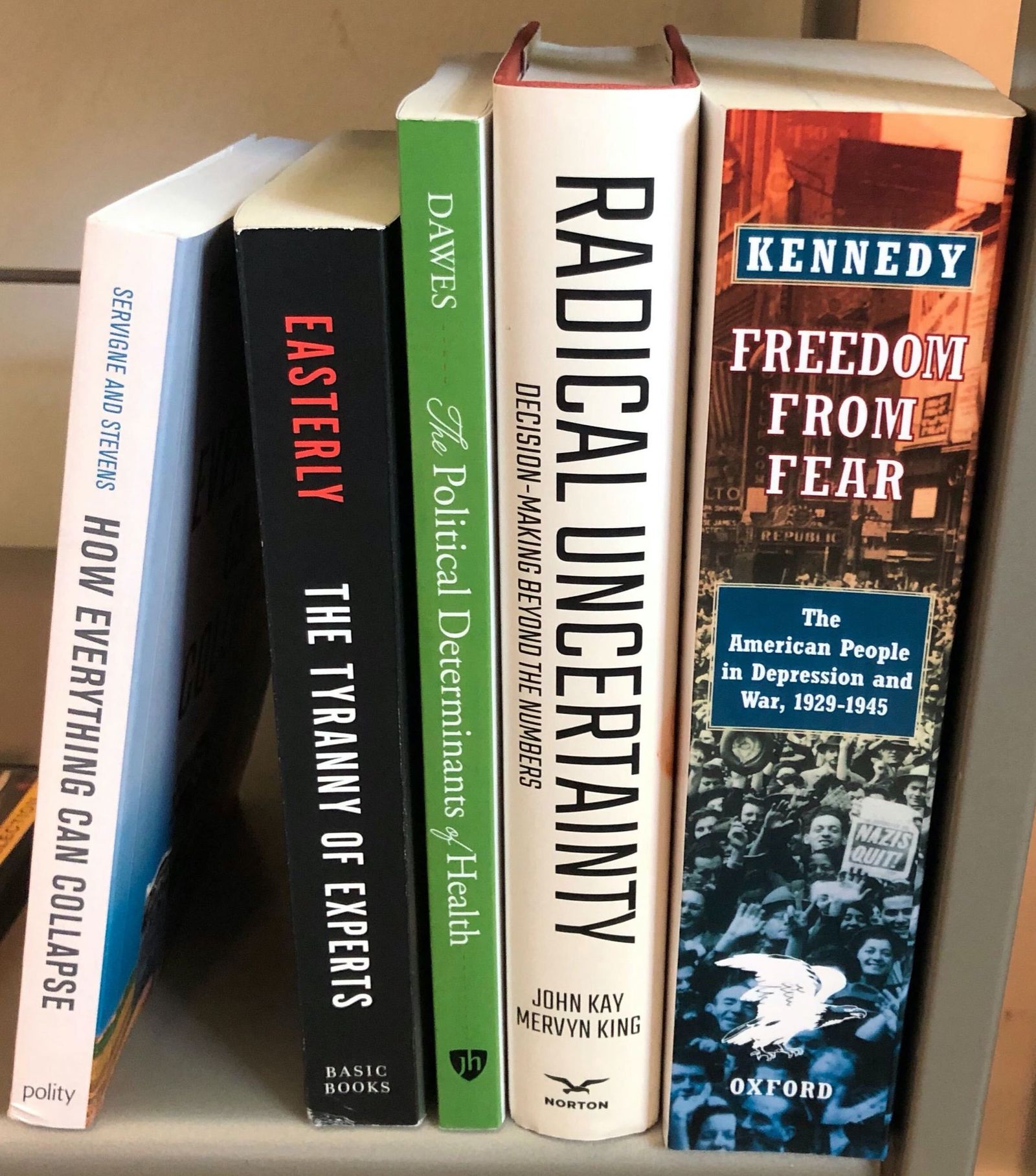
Miguel Soto-Class, President
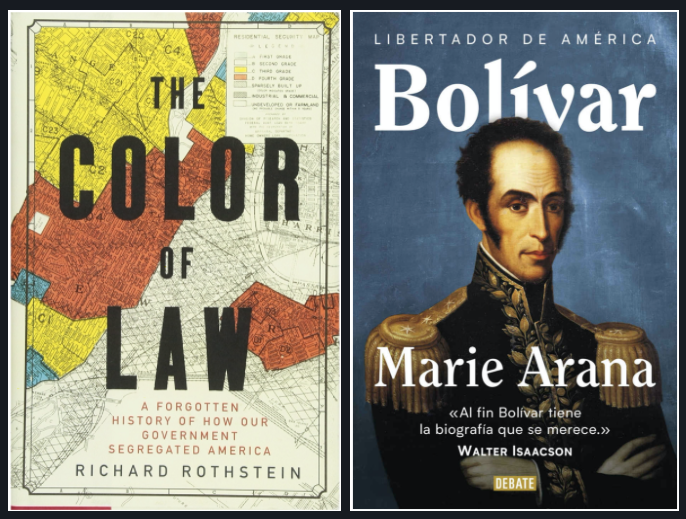
Nuria Ortiz Vargas, Executive Director
Given the recent protests after the death of George Floyd, we should make it our duty to understand why we have advanced so little in our essential responsibility to end racism. Unfortunately, public policies have a lot do with this. I am naturally inclined to learn about this given the work we do at CNE, but anyone interested in having a basic understanding of why are we so behind in achieving a fair and just society should read this book.
La figura de Simón Bolivar, como tantas otras, ha sido utilizada para representar ideales muy distintos a los que promulgó el Libertador de América. Este libro prove una mirada fascinante a la Lati
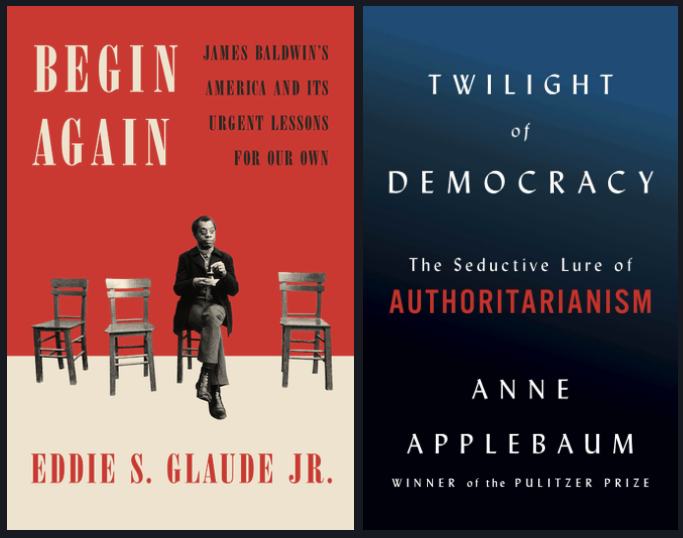
Sergio M. Marxuach, Policy Director
Eddie Glaude, Jr., Professor of African American Studies at Princeton, analyzes the complex racial dynamics of the United States through the lens of the writings of James Baldwin. In this book, Glaude argues for a “third American founding” that will conclude the unfinished agenda of the Reconstruction and the Civil Rights Movement. He takes his title from an essay by Baldwin, who after the collapse of the civil rights activism in the 1970s wrote that “not everything is lost…responsibility cannot be lost, it can only be abdicated. If one refuses abdication, one begins again.” Baldwin was not only a world-class writer but also a keen observer of American society who suffered much discrimination for being both Black and gay. Yet he remained hopeful that by confronting America’s painful history it was possible to transcend it and create a different, better society that he called the New Jerusalem.
In this book, prize-winning historian Anne Applebaum writes about the dangerous allure of a new blood and soil, xenophobic nationalism that is emerging around the world. Applebaum warns us that these “despotic leaders do not rule alone; they rely on political allies, bureaucrats, and media figures to pave their way and support their rule.” And she describes “the new advocates of illiberalism in countries around the world, showing how they use conspiracy theory, political polarization, social media, and even nostalgia to change their societies.” In a sense, the author describes political movements that seek the creation of a new crypto-fascist social order that is many ways the very opposite of Baldwin’s New Jerusalem.
In sum, these two books describe the radically different paths that political and social reform could take in the near future. Which one prevails will define our politics for generations to come.
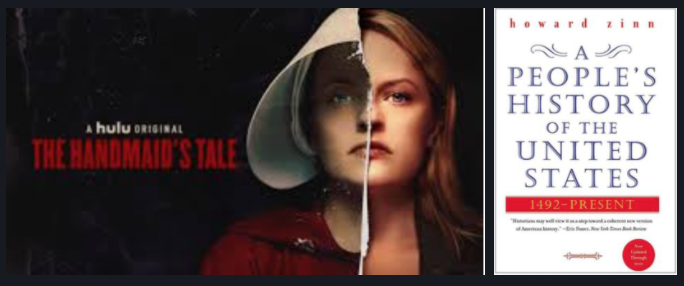
Rosanna Torres, Director, Washington D.C. Office
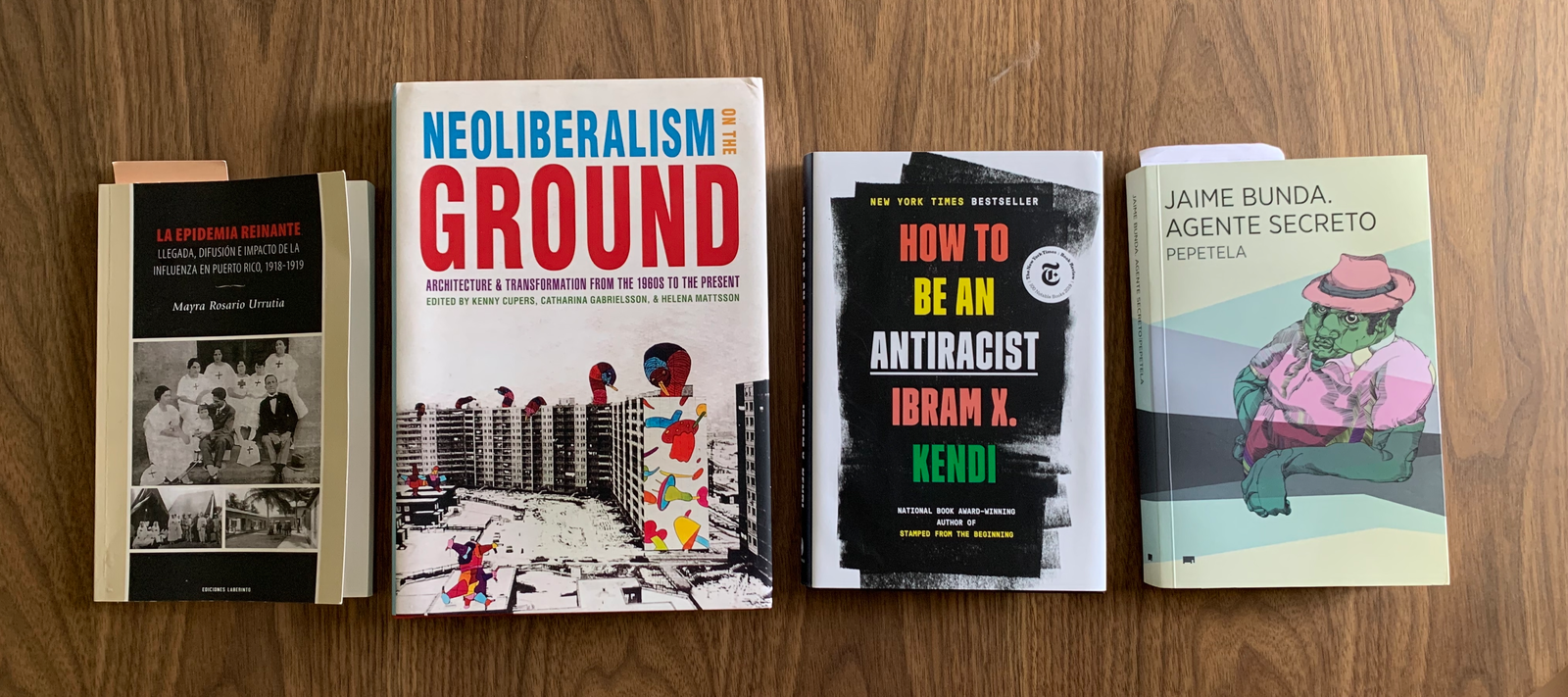
Deepak Lamba-Nieves, Ph.D., Research Director
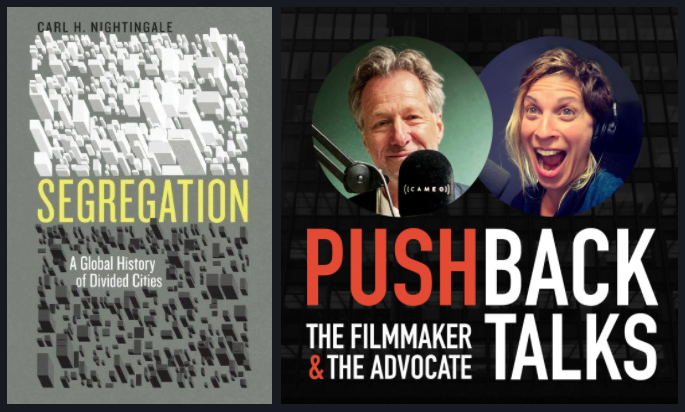
Raúl Santiago Bartolomei, Ph.D., Research Associate
The world is simultaneously becoming more urbanized and unequal, thus, it is to be expected that increasing inequality manifests itself spatially. Such inequality is frequently the result of economic forces that increasingly push people towards places with more unaffordable and/or substandard housing, as well as with less possibilities of achieving social mobility, resulting in more marginalized and segregated communities across cities throughout the world. Mostly, however, this segregation (along both racial and class lines) is the direct result of deliberate design. In Segregation: A Global History of Divided Cities, Carl H. Nightingale provides a thorough historical examination on how cities across the world have been segregated and how this continues to permeate in urban trends to this day.
Along similar lines comes Pushback Talks a very welcome podcast by former United Nations Special Rapporteur on Adequate Housing, Leilani Farha, and filmmaker Fredrik Gertten. From Airbnb, to the lack of adequate shelter during the COVID-19 pandemic, this very timely show provides in-depth commentary insight on current issues that affect housing and cities all over the world.
